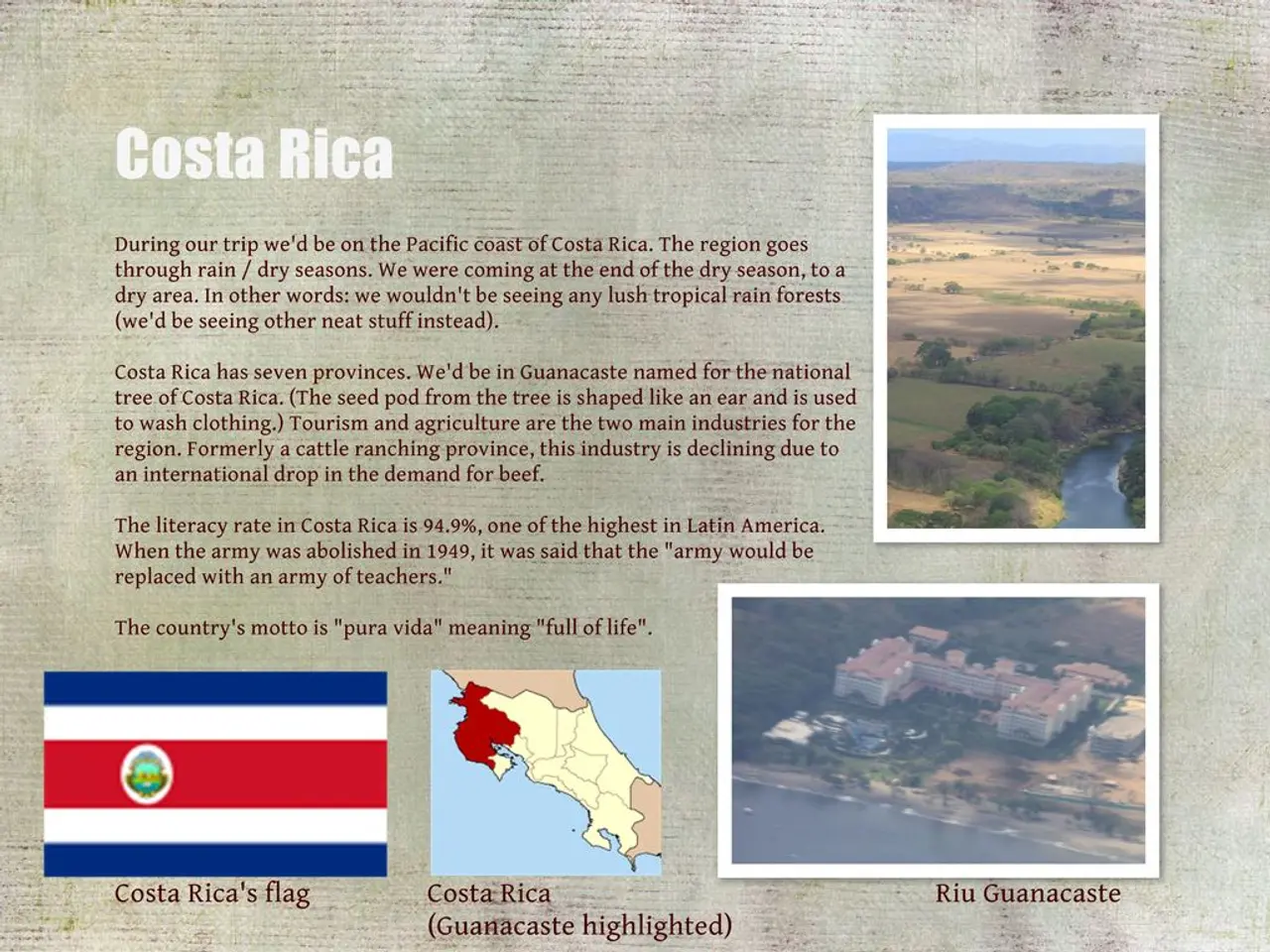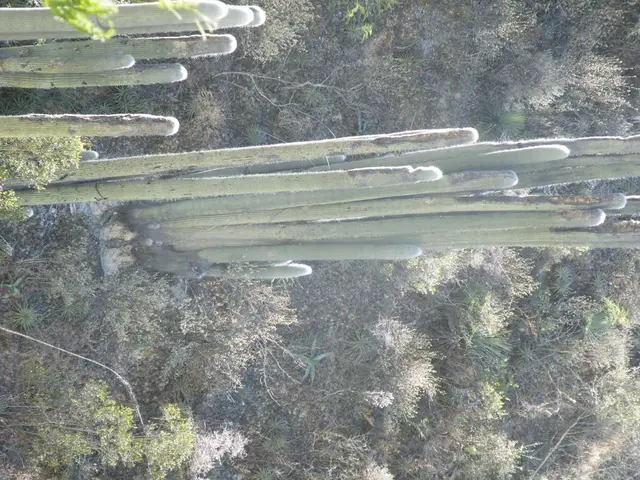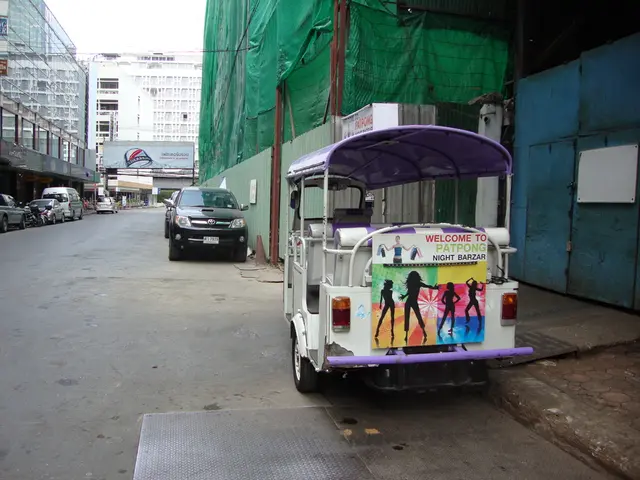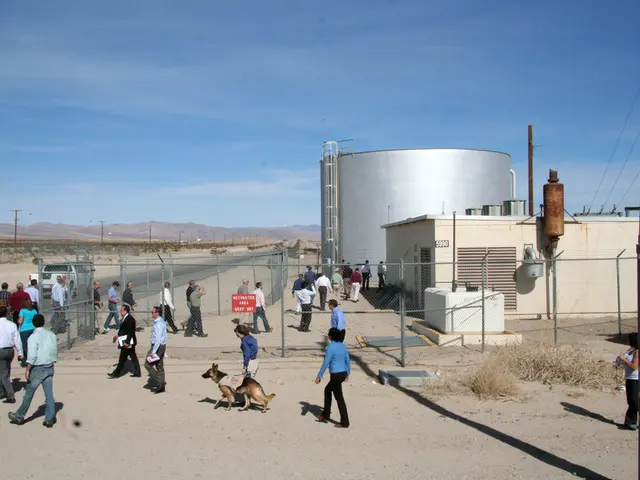Puerto Vallarta Booms: $9.2B Airport Expansion, New Roads, Bike Lanes & Boardwalk
Puerto Vallarta, the vibrant city, is undergoing a significant transformation with a wave of infrastructure development. This growth aims to accommodate the city's rising popularity as a tourist destination while enhancing the lives of its residents. The city is investing heavily in airport expansion, new roads, and boardwalk extensions, with a strong focus on sustainability and connectivity.
The Puerto Vallarta International Airport, the heart of this transformation, is being expanded with a 9.2 billion peso investment. This project, led by Grupo Aeroportuario del Pacífico, aims to double the airport's passenger capacity, welcoming 6 million more travelers annually. Additionally, the project strives for LEED Gold certification, reflecting the city's commitment to sustainability.
The Amado Nervo Bridge, linking Puerto Vallarta with Bahia de Banderas, is set to become even more crucial with the addition of pedestrian and bike lanes. This will benefit nearly half a million people, promoting active transportation and reducing congestion.
The malecón boardwalk, a beloved waterfront promenade, is also receiving a northern extension. This gateway to the waterfront will connect the boardwalk to Parque Hidalgo, enhancing the city's aesthetic appeal and accessibility.
To tackle rising tourism demand and resident needs, Puerto Vallarta is introducing a free public bicycle system and has reinstated a free shuttle bus service in Marina Vallarta. Additionally, the Tepic-Compostela highway, scheduled to open on November 1, will significantly reduce travel time from Tepic to Vallarta, further improving connectivity.
In response to this growth, business chambers and civic leaders are calling for coordination between various projects. They aim to present a unified vision for handling tourism growth and ensuring that the city's infrastructure meets the needs of both visitors and residents.
To fund clean-water infrastructure and environmental preservation initiatives, city leaders are proposing a municipal tax on short-term rental platforms like Airbnb. Furthermore, a digital parking meter system using QR codes is being considered, with proposed rates of 18 pesos per hour in key areas.
Puerto Vallarta's infrastructure changes are set to enhance the city's appeal as a tourist destination while improving the quality of life for its residents. With a focus on sustainability, connectivity, and coordinated growth, these developments promise a brighter future for the city and its visitors.
Read also:
- Young individual at Yellowstone National Park sustains severe burn injuries following a sudden collapse into a boiling hot thermal basin
- Rising hospitalizations due to severe food allergies, according to research findings.
- Important Immunizations for Newborns in Nigeria
- Following a heart attack, a person may be prescribed various medications to manage risks, improve heart function, and prevent further cardiac events. These could include:








